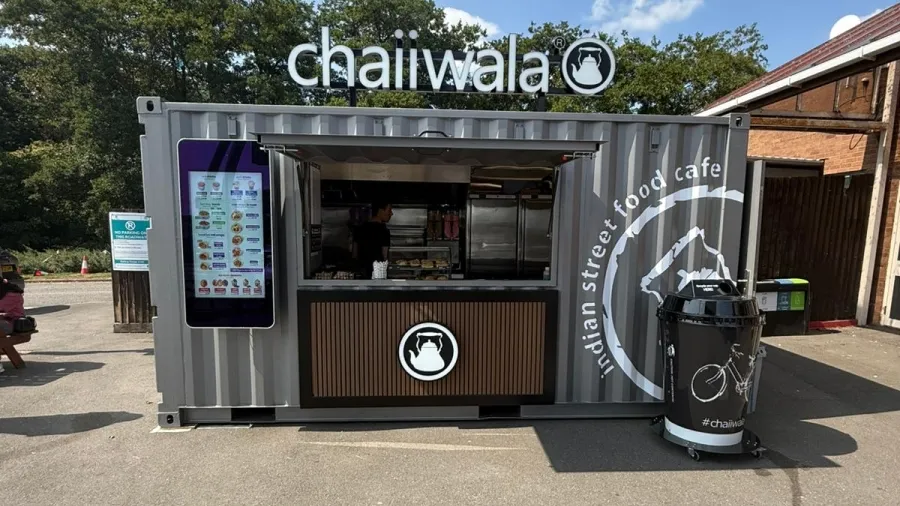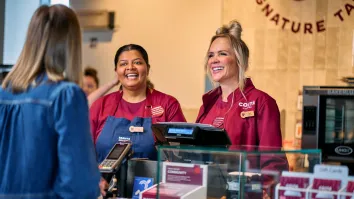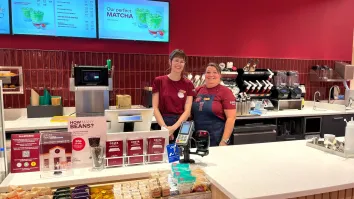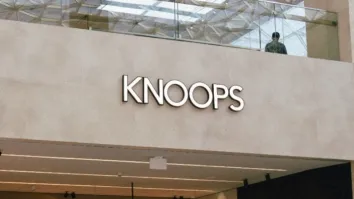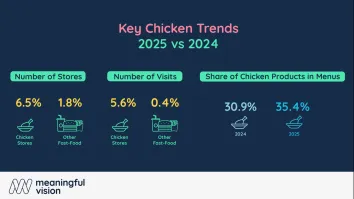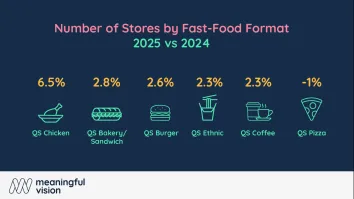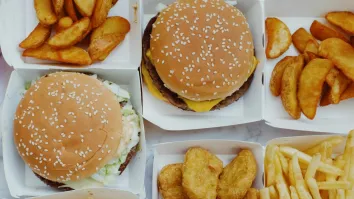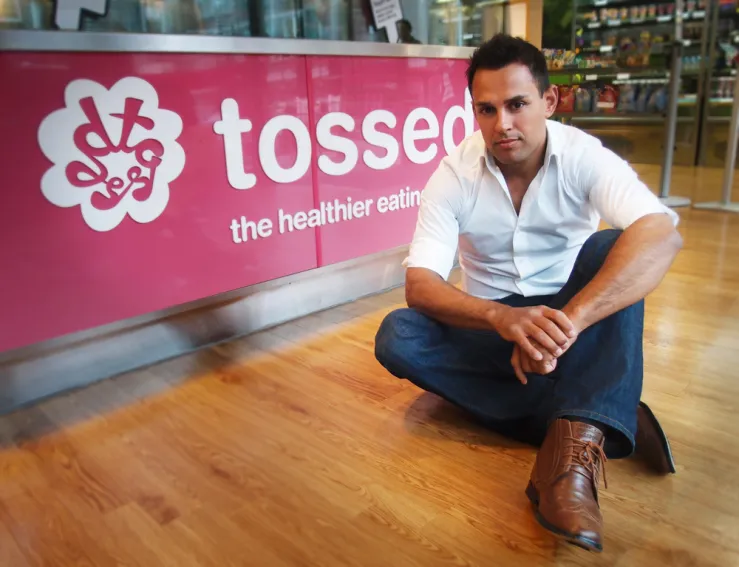
EXCLUSIVE: Tossed Discuss How Technology Has Revolutionised their Business
Earlier this year, Tossed begin going cashless, introducing self ordering kiosks across their estate.
QSR Media sat down with Vincent McKevitt, the Founder of Tossed to find out how it was going.
QSR: Why did you decide to go cashless?
Because of the product we sell. Customisable, healthy food made to order is slower than some of our competition who pre-make their food, and leads to capacity pressure for us. In an increasingly competitive marketplace, we need to be able to maintain our advantage and going cashless enabled us to do that by streamlining our ordering and payment process.
QSR: How much planning went into it?
We were developing the platform for 18 months and began trialling it in January. Our first completely cashless store opened in March, our second opened in April, and we have been retro fitting our estate over the summer. More than half our London stores are now cashless and we expect to have finished retro-fitting by year end.
QSR: Who developed the platform?
We developed the software in conjunction with an EPOS provider but needed to do a lot of the development in-house due to the complexity of our menu (where every salad, wrap and hot pot is fully customisable) and our need to make sure the end product fit with our brand.
QSR: How has the new system been received by customers?
They’ve liked it. We served over 400 people on our first day at our cashless store and only one person was turned away for only having cash.
Customers find the system easy to use, and the interface is like a tablet computer so it is familiar to most. Additionally, we are finding that people enjoy this way of ordering as it takes the pressure off the ordering process for them. Where before there would be people queuing behind them as they scoured the menu, the system is a lot more intuitive to use and results in a speeding up of the ordering and delivery process.
From an operational point of view it is also fantastic because customers are reviewing the menu on their time, freeing up our staff to prepare their orders.
QSR: What have the changes meant for your bottom line?
It is too early to tell the exact impact of the changes. However the first thing to note is that a reduction in head count was never the project’s aim, and there have been no job losses where kiosks have been installed. But where we deploy our labour has changed, as we wanted to alter our staff costs as measured against sales. To explain this with an example, in our Clerkenwell store we had 5 EPOS tills which have now been replaced by 21 kiosks. As a consequence, our front end capacity has increased enormously, and we have moved our staff to focus on meal preparation and other ‘back of house’ roles to fulfil this increased sales capacity.
Separately we’ve also been able to streamline our product offering. We’d previously offered a grab ‘n’ go range which kiosks have allowed us to do away with and we can now focus on our core USP products.
QSR: What plans do you have to open new stores?
We currently have 28 stores and we’ve got three stores agreed for the next 12 months. However our acquisition strategy has changed with the introduction of kiosks. The reason for this is that increased top line sales would enable us to increase the size of our stores but kiosks allow us to reduce our store sizes. We’re undecided about which format to opt for at this stage.
QSR: So where will your focus be over the next year?
We’ll be focussed on pushing same store sales over the next 12 months. For the reasons previously outlined, we won’t be targeting a number of store openings.
Within five years we want to be the number one healthy, customisable food chain.
From a corporate point of view, we’re also focussing on taking paper out of our stores. Obviously kiosks are a large part of this, but so are the other systems we’ve put in place in head office. We want to be the first paperless company in the UK.
QSR: What challenges do you see facing the industry?
I think we’re facing a few. I’d point to food price inflation as a result of the falling pound, the increase in labour costs from national minimum wage changes, Brexit, competition and property costs.
We’re also very aware that the market can’t increase at the same pace as it has over the past decade. There simply aren’t enough sites and the number of workers in the marketplace hasn’t increased at a pace to make increased competition with ever expanding footprints viable.
QSR: You mentioned Brexit. What do you see as the effect of it for QSRs?
Well there is obviously the negative impact from a falling pound. This will increase food prices. But there is also the impact of a change to the movement of people. Our view is that there will have to be some form of agreement on free movement, or the economy, and particularly the London economy will grind to a halt. I don’t think that the Government would do something that would deliberately lead to that, so we expect that sense will prevail and a deal will be done.
QSR: What opportunities do you see in the market?
Well for us, the healthy eating trend is a huge opportunity. We were early to market in this space, and have a massive amount of knowledge about healthy food and what sells. We don’t believe that our competition is as knowledgeable as us on this front.
We can also deliver healthy food faster than anyone else which puts us in a great position.
Additionally, technology offers us huge opportunity. We’re leading the charge in this respect with great results, and what we’ve done is just the beginning.
Finally, we see opportunity in smaller areas such as growing our hot food offering. Our like-for-like sales of hot food are astonishing.
QSR: Speaking to your offering, what are your top sellers?
As a category, our ‘create your own’ salads are our top seller, followed closely by our warm tossed pots probably as they are the only healthy customisable hot food on the high st. As to specific menu items, in warm months our chipotle chicken salad is our top seller, and our mighty Mexican tosspot is our top selling non-salad item.

